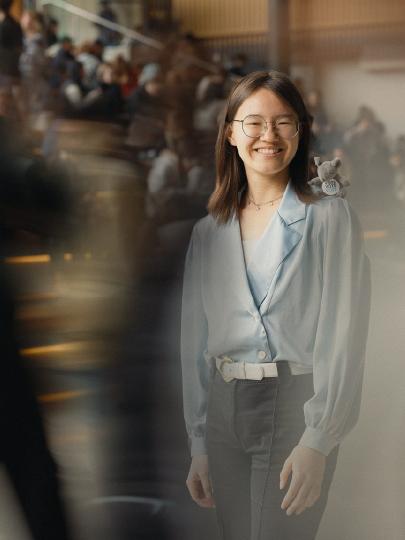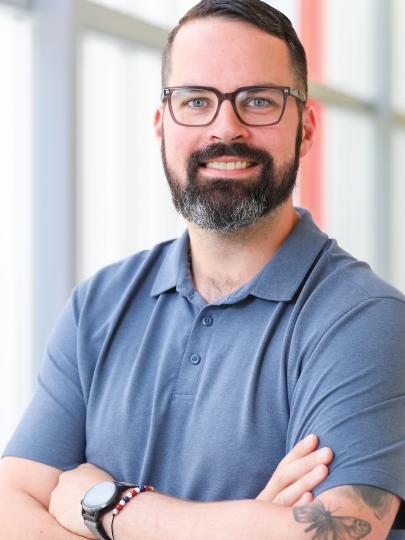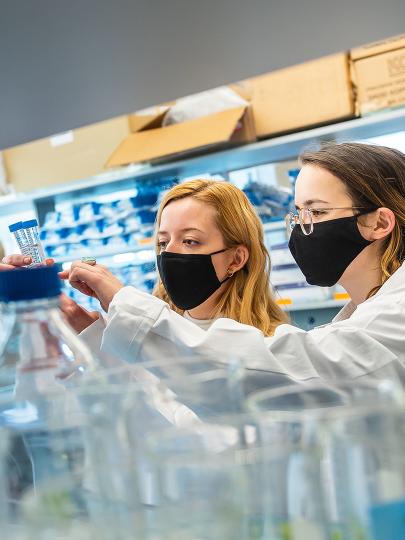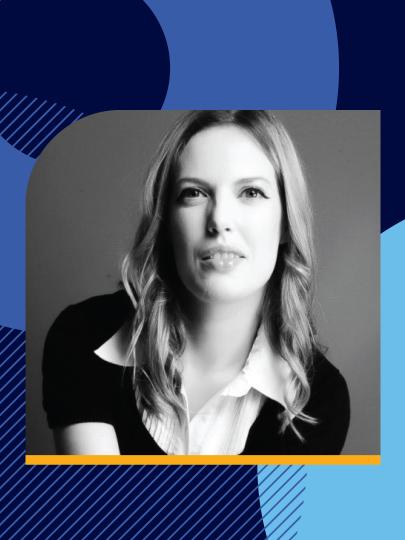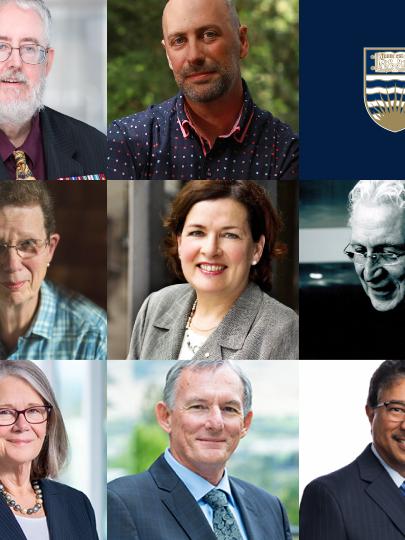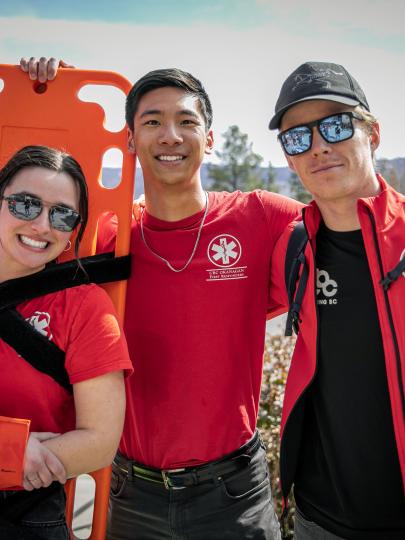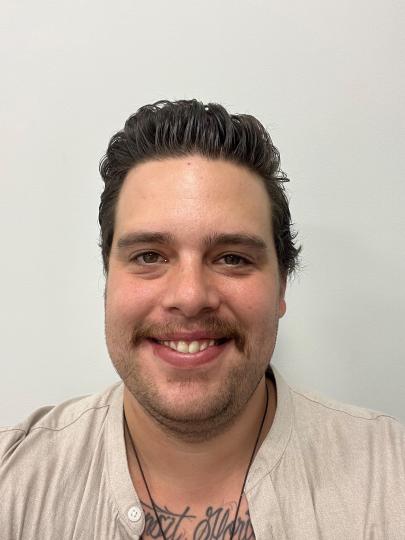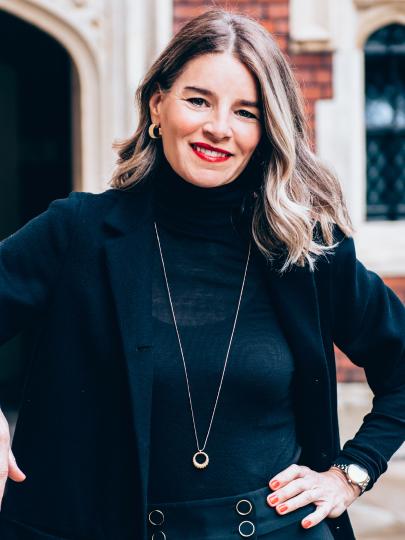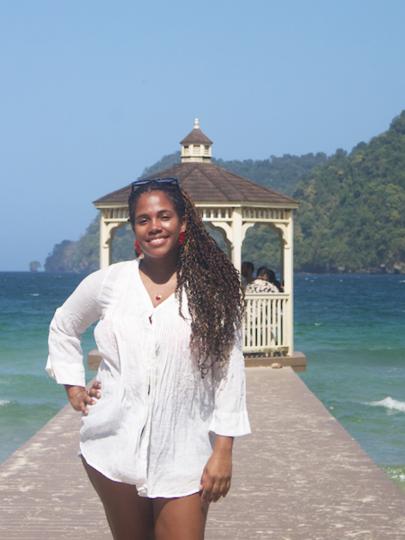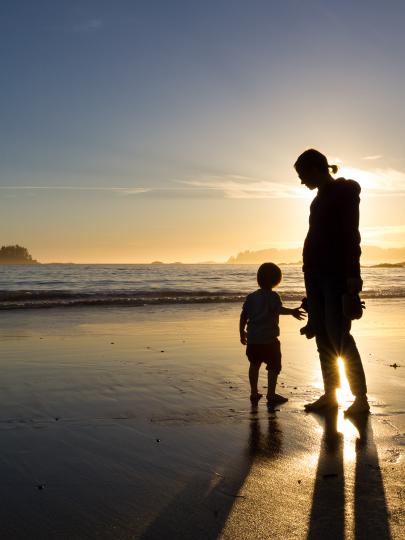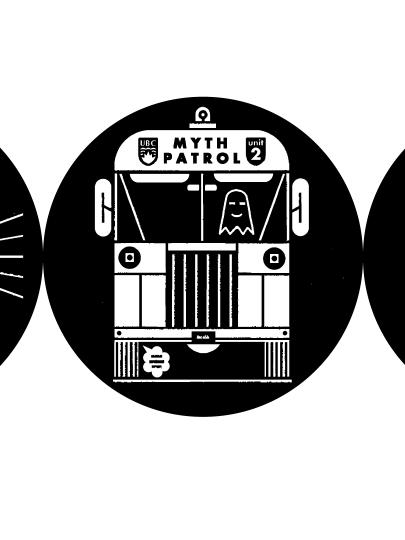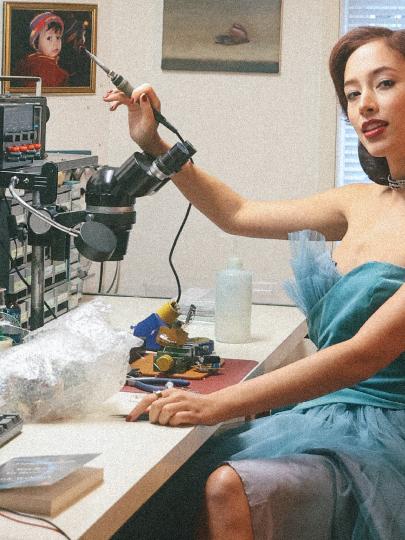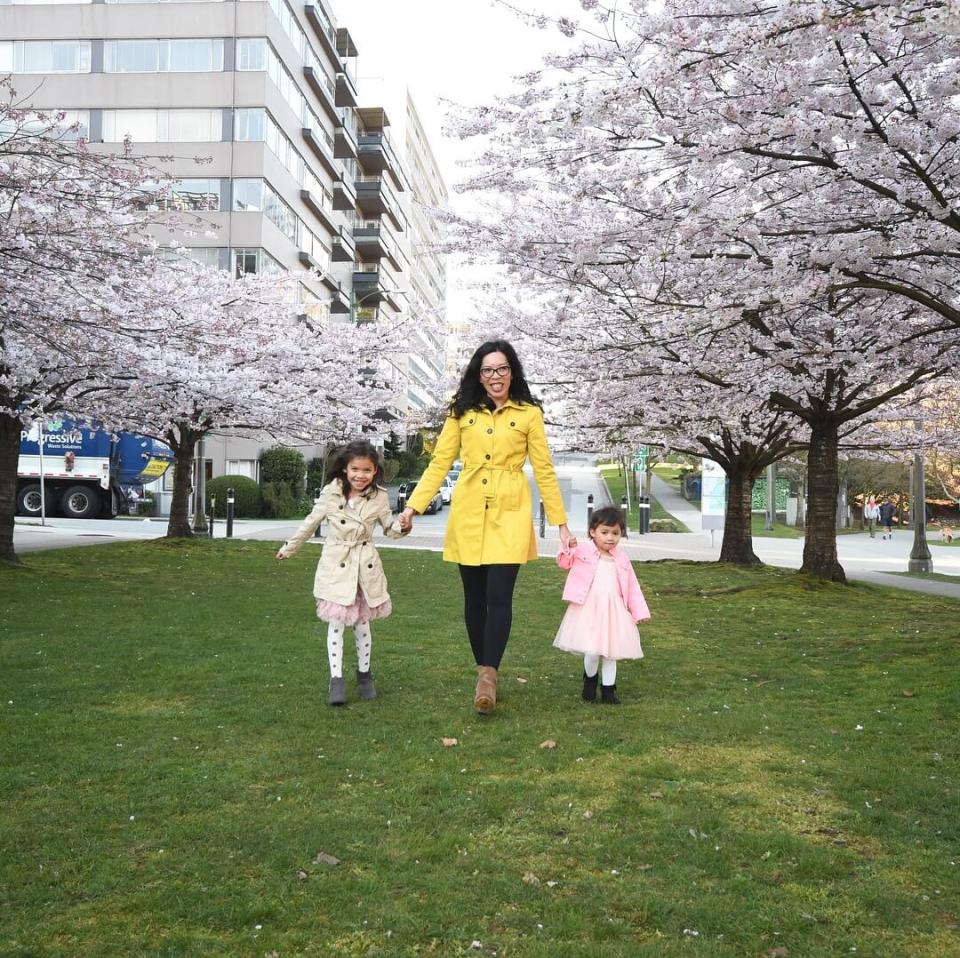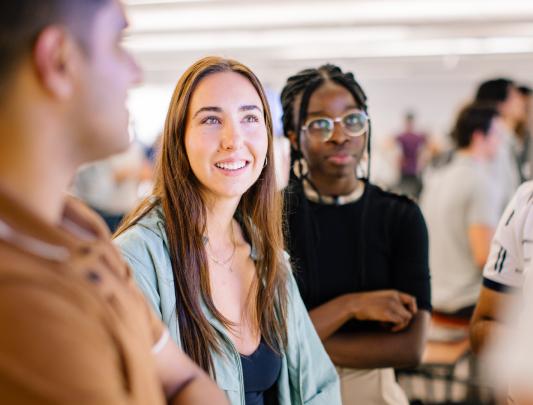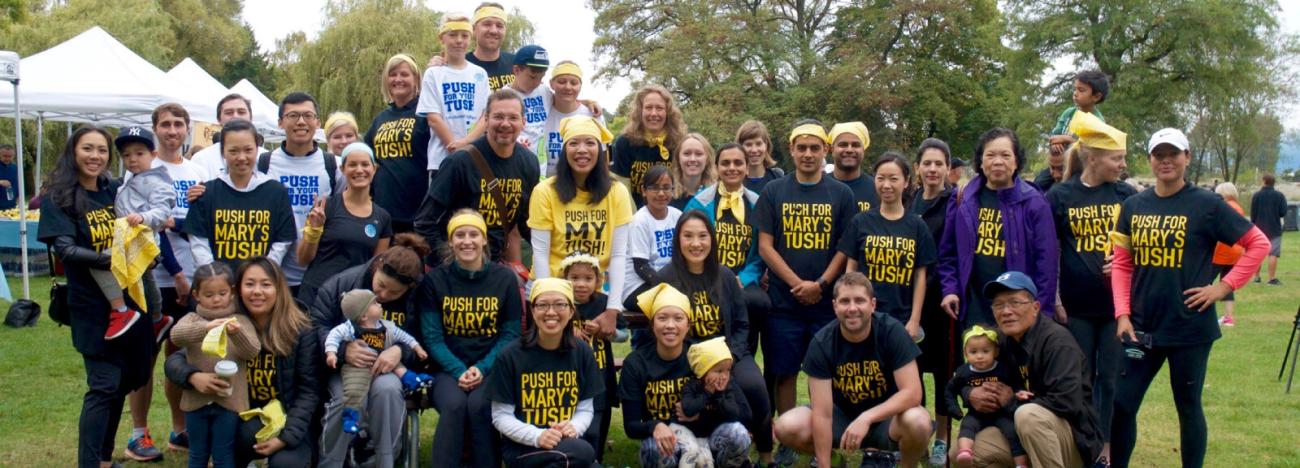
A Patient's Perspective
This scientist’s pain will be future cancer patients’ gain.
Mary De Vera has researched asthma, arthritis and pregnancy.
She doesn’t specialize in a particular medical condition, she specializes in methods. Whether it’s scouring big data for patterns that explain how disease spreads, or surveying patients about their needs, De Vera can apply her expertise to almost any ailment. Essentially, she gets to pick her diseases.
But sometimes, the disease picks you.
On March 29, 2016, the assistant professor in UBC’s faculty of pharmaceutical sciences was diagnosed with Stage 3 colorectal cancer. The news was bad, and so was the timing. De Vera had two young girls—a newborn and a three-year-old. She had just returned from maternity leave with big plans to publish her arthritis research. Instead, she faced a year of cancer treatment that was every bit as trying as doctors warned her it would be. But De Vera came through it with a fresh perspective and renewed drive that has taken her work in exciting new directions.
“I’ve built a career out of asking patients what matters, and what it’s like to be a patient,” De Vera says. “I would be a bit of hypocrite if I didn’t take my own patient experience and share it, and let that inform and guide the research that I do.”
De Vera was born in the Philippines and raised in Prince Rupert, but she has spent more of her life at UBC than in those two places combined. She lived in three different residences while completing her BSc, MSc and PhD degrees.
Mohsen Sadatsafavi became good friends with De Vera when they were PhD students. He now occupies the fourth-floor office next to hers. He was among the first to put his name on a Google document that circulated among family, friends and fellow faculty when De Vera began her treatments. Colleagues volunteered to drive her to appointments, cook meals, and deliver them to her house. Sadatsafavi would babysit the girls so De Vera’s husband Francis could get a break. He would also drive her to chemo.
“I’ve built a career out of asking patients what matters, and what it’s like to be a patient. I would be a bit of hypocrite if I didn’t take my own patient experience and share it, and let that inform and guide the research that I do.” ~ Mary de Vera
“I wanted to be with her,” Sadatsafavi said. “This is going to BC Cancer to receive chemotherapy. It’s not a fun thing to do. And watching your friend go there is not a fun thing to do. But being together, I hope it helped her a little bit.”
De Vera endured five weeks of radiation, two surgeries, several complications, and a procedure called an ileostomy that for 10 months diverted her small intestine to an opening in her abdominal wall. Her eight cycles of chemo began every second Monday, and the nausea would last two weeks. De Vera’s only relief came on the weekends right before she had to return to BC Cancer and do it all over again.
The faculty’s message to De Vera was to get better and not worry about work. They learned that you can take the cancer patient out of the academy, but you can’t take the academy out of the cancer patient.
De Vera had started a blog, which led her to Instagram, which led her to a community of patients going through similar ordeals and running into the same unanswered questions she had.
“I have a mountain of brochures at home, but the patients don’t look like me. They’re much older,” De Vera said. “Colorectal cancer is historically thought of as striking in older people. The questions I was asking—about fertility, or how you explain having cancer to a three-year-old—those answers just weren’t available.”
De Vera began filling a notebook with these thoughts.
“Colorectal cancer is historically thought of as striking in older people. The questions I was asking—about fertility, or how you explain having cancer to a three-year-old—those answers just weren’t available.” ~ Mary de Vera
“I just wanted to get back to work so I could write that first cancer grant.”
De Vera returned to UBC determined to demystify early-onset colorectal cancer. She pulled together a team of experts in epidemiology, health economics, cancer and surgery, and in early 2018 landed a $459,000 grant from the Canadian Institutes of Health Research. The team will determine whether De Vera’s diagnosis is part of a demographic shift in colorectal cancer, and if so, what might be done about it. De Vera also wants to address the information gap for younger patients by creating an online portal that will answer their questions.
“The old saying that what doesn’t kill you makes you stronger—Mary really embodies that,” said Sadatsafavi. “Being a methodologist has been quite a career for her already, but now that she’s been a patient and gone through the system and all the hoops, I think it’s all gathering into one mind. That can be a catalyst for a lot of impactful, patient-oriented, methodologically sound, cutting-edge research. I’m very excited about what Mary is doing. She has an approach and a vision toward that disease that nobody else has.”
Before cancer, De Vera was already a rising researcher with enormous potential. That has only been elevated by her first-hand experience. The Tier 2 Canada Research Chair has added a new mission: to provide future patients with the resources she wishes she’d had. With the support of her team and faculty, she intends to make things better for young people with colorectal cancer.
